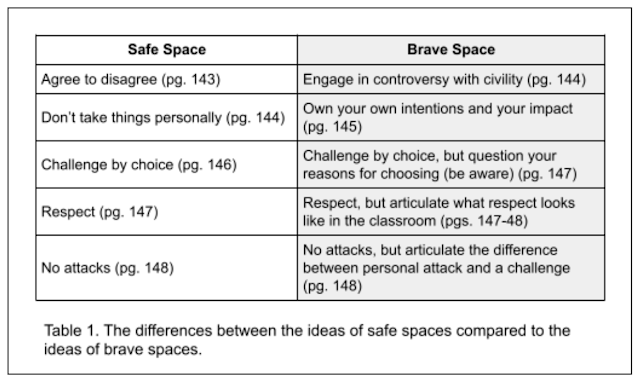First-Year Composition Goals Statement

Statement Toward First-Year Composition Goals https://tinyurl.com/IRRL-FYCGoals 11 June 2021 As the newly formed Institute of Race, Rhetoric, and Literacy (previously known as the CWPA Outcomes Statement Revision Task Force), we offer this explanation and statement toward the goals for First-Year Composition (FYC) courses and programs. Originally, we were tasked to revise the CWPA Outcomes Statement for First-Year Composition in order for that document to be more explicitly antiracist. Our discussion with the CWPA Executive Board of our revisions to the outcomes statement resulted in our parting ways with the CWPA and taking our statement with us (see Asao’s blog, www.asaobinoue.com ). While the full goals statement is still in development, we present this initial statement directly to our colleagues and the public as a way to offer a good faith status report on this ongoing work. In order to serve our communities best, we advance this summary of our forthcoming FYC goal...

